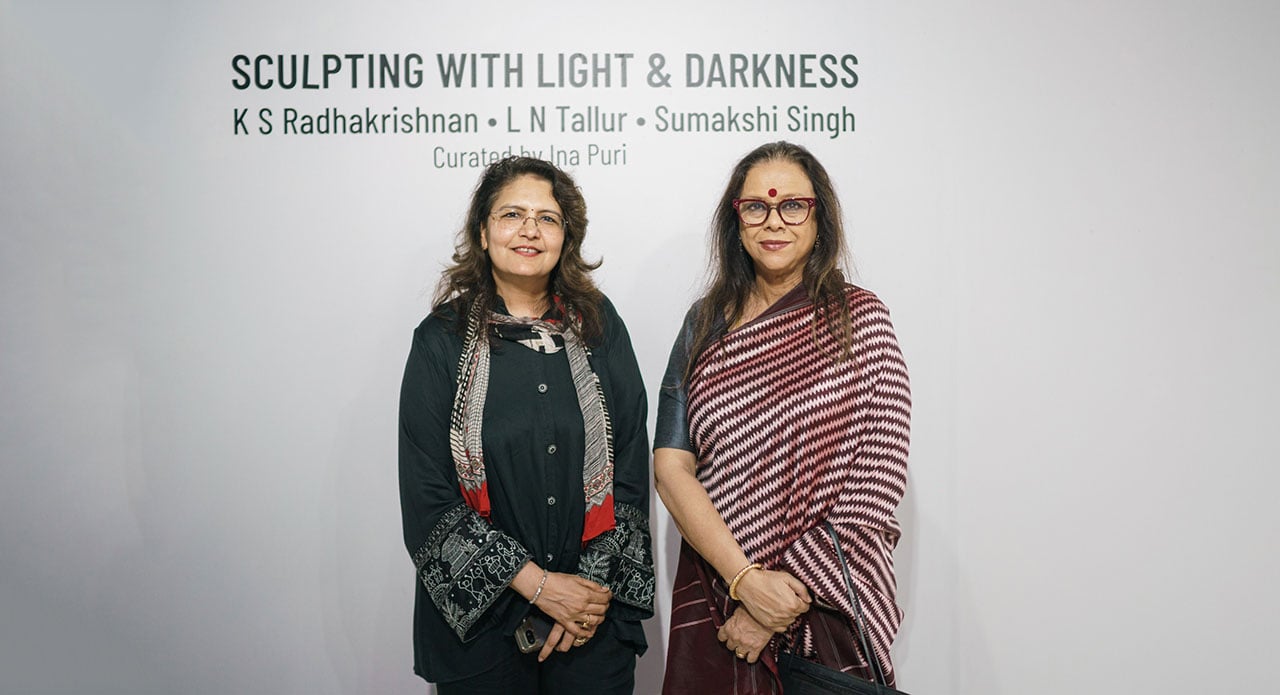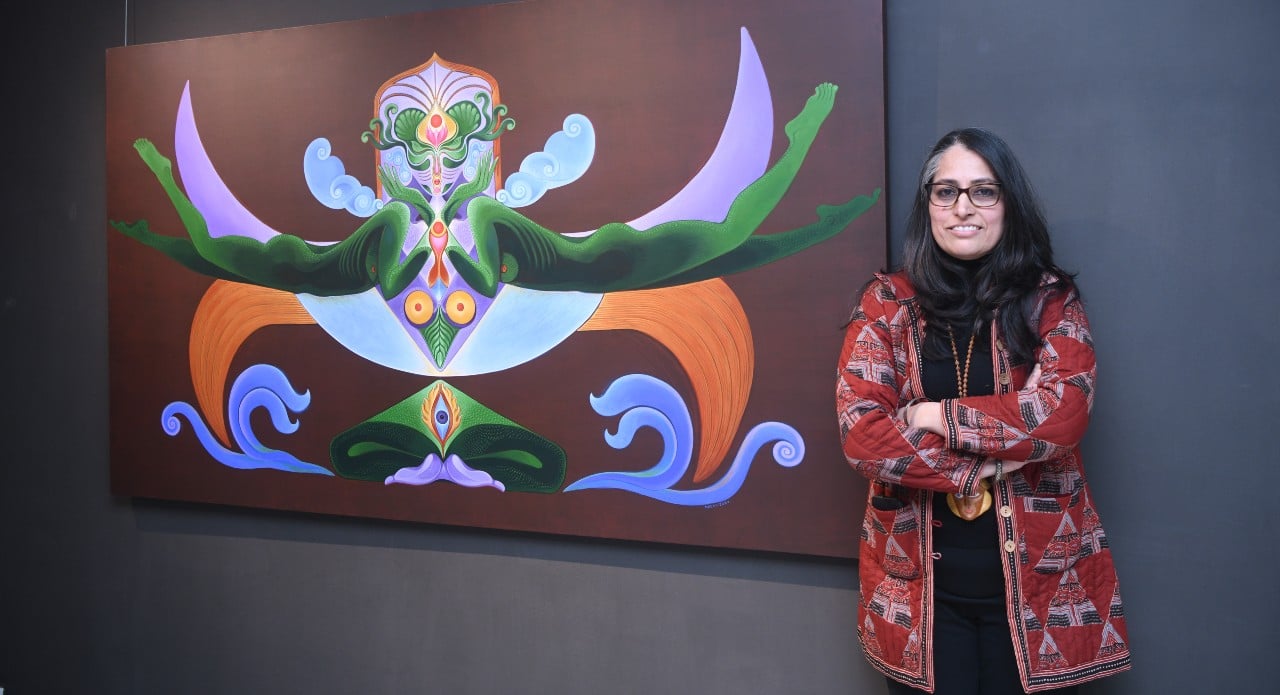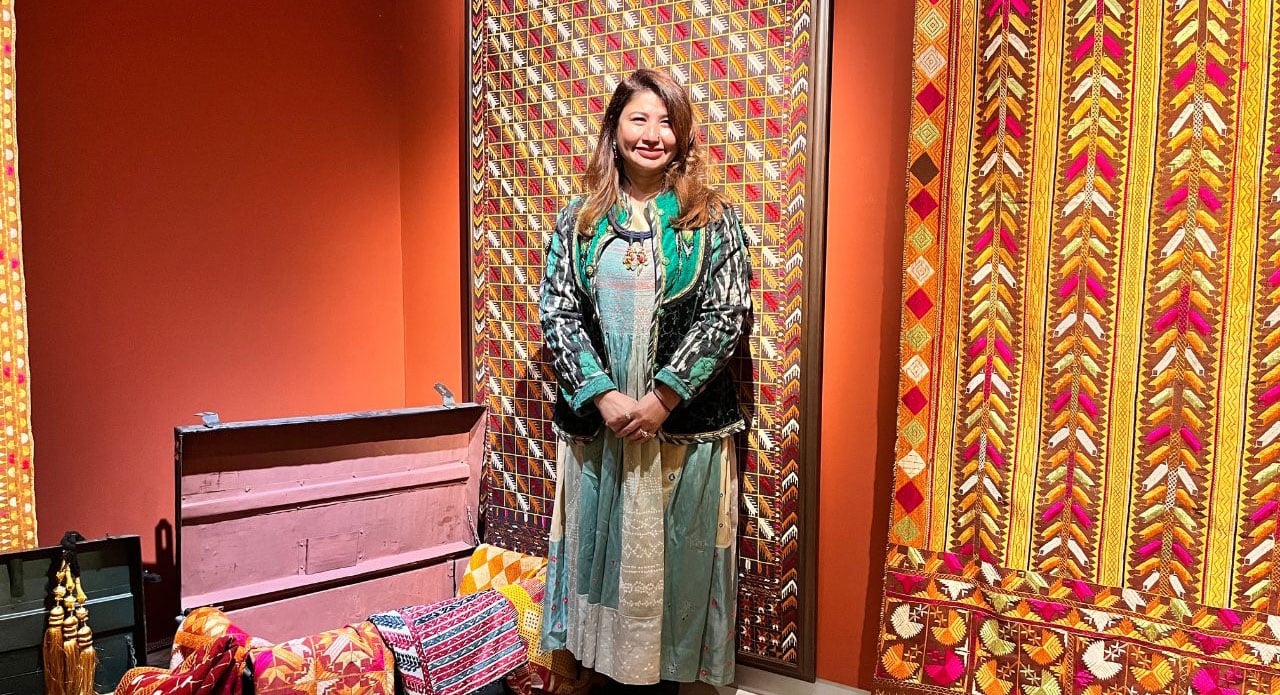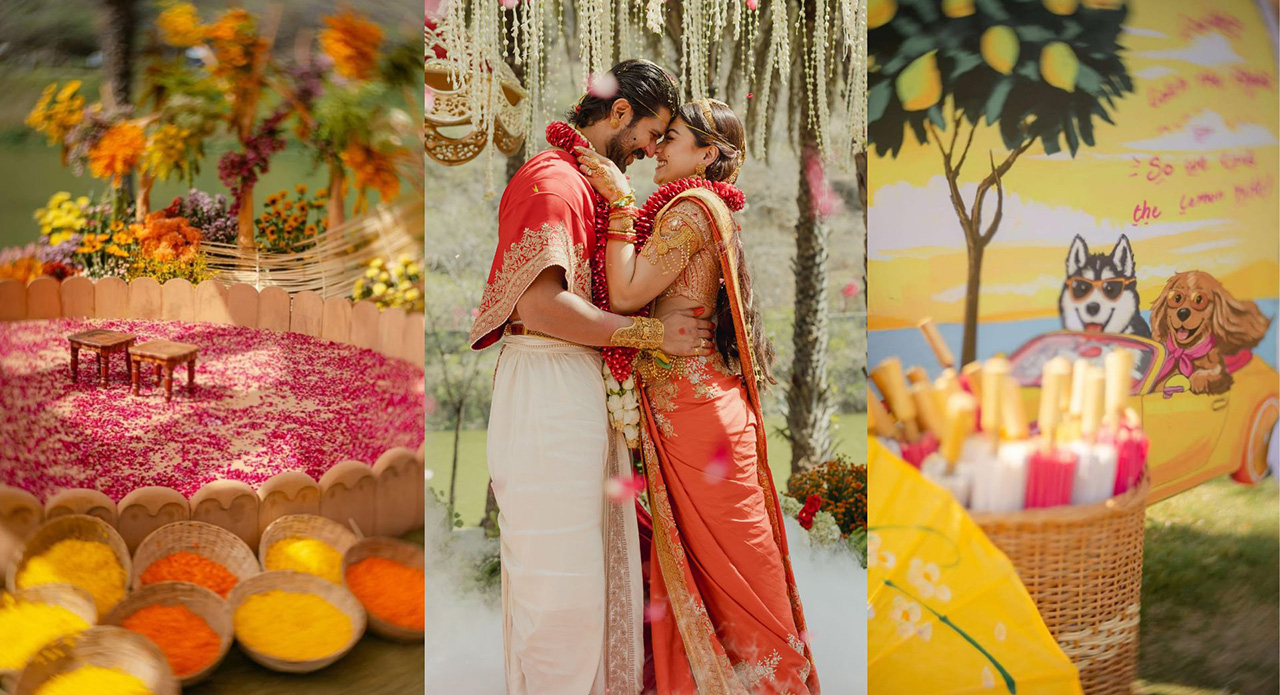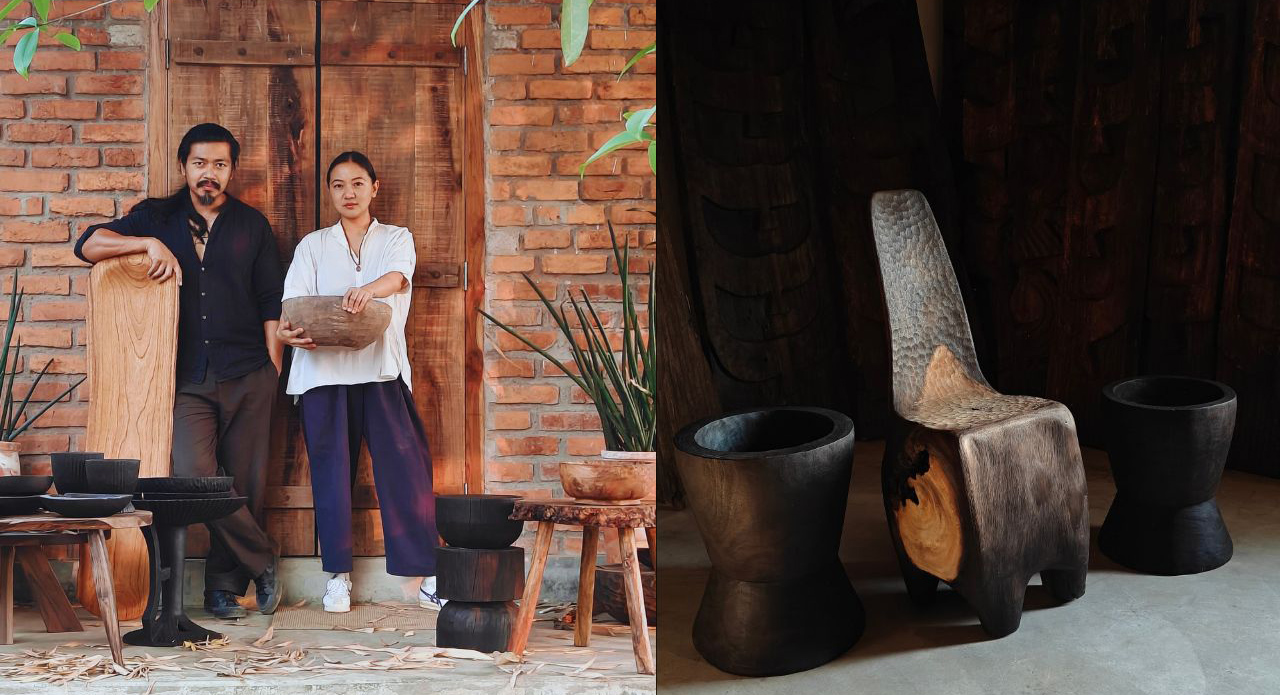A quick internet search about the history of the Cannes Film festival, officially known as the Festival de Cannes, would reveal that the event was first held in 1946 to recognise artistic achievement, and provide a rendezvous for those interested in the art and influence of the movies.
The festival’s origins, however, date back to 1938, when the Venice Mostra became the first international film competition. In 1938, Hitler and Mussolini rigged the Venice Film Festival results to favour propaganda films, which outraged the international film community. In response, French diplomat Philippe Erlanger led the creation of a new, apolitical festival in Cannes. The festival’s founding was a direct response to the fascist manipulation of film awards at the 1938 Venice Mostra, and was intended to celebrate film in its purest form.
With time the Festival de Cannes has become an international marketplace where movie producers and distributors exchanged ideas, view films, and sign contracts. It has also been the destination of artistic contention, wherein prestigious awards are conferred on works that deserve to be applauded globally, no matter which country they are made in and in what budget. Cannes is a platform that recognises important and earnest stories, honest and gripping performances, and the significant technical paraphernalia associated with filmmaking. In short, the beautiful and brilliant art that is cinema that entertains the audience and leaves an indelible impression with its messaging.
View this post on Instagram
But honestly, how many of us whose social media feeds have been inundated with continuous clips of red-carpet moments at the various events at Cannes have heard about the films being screened at the festival this year?
For instance, Konstantin Bojanov’s The Shameless, featuring Tanmay Dhanania, Mita Vashisht and Auroshika Dey. It is the story of a girl called Renuka who escapes from a brothel in Delhi after killing a police officer. She starts a romance with Devika, a 17-year-old prostitute, after seeking refuge in a sex worker’s community. Or for that matter Payal Kapadia’s All We Imagine as Light that was selected to compete for the Palme d’Or at the 77th Cannes Film Festival. This is the first film from India to compete in the main competition at Cannes since Swaham in 1994, and Kapadia is the first Indian woman to do so.
View this post on Instagram
Then there is the Radhika Apte-starrer Sister Midnight, a Mumbai-set dark comedy where a newly married woman discovers her wild side. Interestingly, when it comes to representation, Indian cinema is getting noticed at the festival, with more courtesy projects such as Santosh by Sandhya Suri, Chidananda S Naik’s Sunflowers Were The First Ones To Know, as well as the restored version of Shyam Benegal’s Manthan.
But how many Indians are talking about this high point? There’s a reason though. Are the attendees who have bought their place under the French sun equipped enough to talk about such cinema? Have they watched the films or do they belong to a world that celebrates such cinematic discourse? Are they using the opportunity aptly? Before you question the veracity of content creators buying tickets to reach the Cannes shore, here’s what London-based social media influencer, Kaushal M has to say, “There should not be any words minced on that brands take people there based on what benefits the company. I went to Cannes as a content creator via L’Oreal a few years ago. They pay for everything and have a full itinerary that includes dinners and sneak peeks into makeup launches, et al. We weren’t supposed to watch films or talk about it. And now I hear official sponsors are selling tickets to people who can afford it. So, you can expect what kind of crowd will land up there!”
A senior critic from Film Companion says, “The participation of brands is important for a festival like this as it is about the business of films as well. But this is a huge responsibility of who you are giving space to. You bring in film celebrities who are steeped in cinema and you will see the fraternity buzzing with film related discussions. You sell tickets to random influencers who have never watched anything meaningful or whose interests lie elsewhere then you cannot expect intelligible feedback. They just come to strut in their costumes and create content for the sponsor who is paying for their visit. It’s all about the mileage that they want for themselves and the brand wants for its product. The films are just shunted on the side. The mainstream audience doesn’t even get to know what beautiful cinema is being produced by talented filmmakers in India. Isn’t that sad?”
View this post on Instagram
Konstantin Bojanov’s The Shameless actor Tanmay Dhanania has something more to say on these lines. He believes that a festival does require eyes on the red carpet and this glitz and glamour is imperative to get business from sponsors so that the event is sustained. “Sometimes certain films are also selected not based on merit but on which stars will come. This is the truth about many award shows and movie festivals around the world. It is a bit of a shame, but the business must survive as well. But having said that, the accoutrements is taking over the main reason for the event. This is like people focusing more on the icing than the cake itself without realising that if there will be no cake the icing won’t matter after a point. People in charge of the festival marketing should focus on the content. Social media is abuzz with what some influencer wore and how she stitched her own garment. Some Indian actors are applauding her for being self-made. But, how come no one asked any of these people what merit do they have to be seen at Festival de Cannes, which is about wholesome cinema and not about just fashion.” Dhanania rues that this paradigm shift in how social media focuses less on the film content and more on random influencers is diluting the importance of the event. “You see how many award shows have become irrelevant in India, with funding becoming a crucial issue. If that is not secured, the quality will plummet drastically. So, the organisers must pay heed to content and invite people who add weight to the event in a more intellectual manner.”
Dhanania’s opinion comes close on the heels of an Instagram post he put out on the funds scrunch that many filmmakers face when it comes to taking their films to such prestigious international events. He wrote, “Talking to cast and crew, everyone seems to be scrounging around to get money together to go. Even with the help from production, it is hard to get the cash together. But it hurts nonetheless, knowing that people who have nothing to do with the festival, who have no films there, who don’t know what cinema means, let alone Indie cinema, will get sponsored to go there, to walk the red carpet, to dress up, prance around, and make reels. These are folks who have no idea what goes into making an Indie, how hard we fight to make Indie films and how festival recognition is not just a pat on the back, but also a chance to get more work, to sell the film, a chance for some solvency in a cutthroat world.”
View this post on Instagram
People from the film fraternity are befuddled by the ludicrous occurrence of brands sponsoring people who have nothing to do with films at the festival or films in general. While the air is rife with influencers buying tickets for themselves and pretending, they were chosen for the honour, it just goes to expose the sham show run so meticulously by social media, aided and abetted by big brands seeing this as a business opportunity. While Nancy Tyagi bought a ticket for herself, she entered into a paid partnership with Caratlane to shoot content for them at Cannes. Understandably, the sponsorship by the jewellery brand took care of the financials the influencer had to incur for the visit.
View this post on Instagram
This dilution, fanned by social media fanfare surrounding people who maximise on the trend of ‘five minutes of fame’, is worrisome. Actor Shahana Goswami is also vocal about it. In a recent interview she was heard saying, “There are actors who deserve to be here to speak about their work. Small filmmakers, too. But we see the limelight on people who haven’t a clue about cinema. People are discussing their clothes and makeup! That’s funny, right? If you ask me there should be a corpus created so that this sponsorship issue is sorted, and films are seen as a priority for such events. Because, without them the clothes and the makeup will also cease to exist!”
Scribe and author, Sujata Assomull, points out the reason for the problem at a macro level though. “Every event these days is being turned into some red carpet event by social media, be it opening of a store or a brand or anything. So, the whole red carpet idea is diluted and hence no one seems to be getting the importance or significance of these marquee festivals. And that’s why a festival like Cannes is now open to just about everyone, including ice cream (Magnum, one of the sponsors, has taken Sobhita Dhulipala to Cannes this year), jewellery and beauty brands who want to get a part of the action and that makes it easier for people outside the film fraternity to be part of this as well. But we have to remember this is a film festival and the influx of people outside of the fraternity is counter productive. With the watering down of the red carpet, the festival too is facing the same problem as one is affected by the other.”





